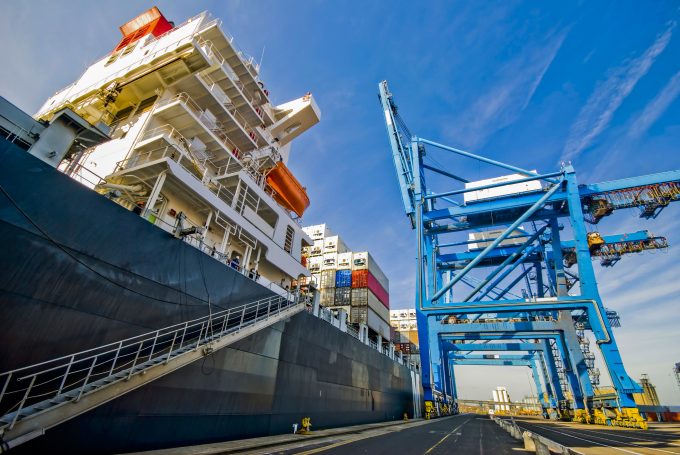Industry starting to reap benefits of AI – but risks grow alongside
2024 is the year organisations will begin deriving business value from AI, according to consultancy ...

*The original story has been edited to include updates from Peel Ports*
The ports of Felixstowe and Tilbury have all been confirmed to be suffering from major IT outages preventing landside operations this morning. Destin8, a UK port community system shared between them, also incorporates the Port of Harwich and London Thamesport and Great Yarmouth.
A similar problem was reported at Poland’s Baltic Hub, formerly known as DCT Gdansk, which has reportedly requested customers to send containers its gates while it enacts ...
Semiconductors could compensate for air freight's lost ecommerce traffic
'It’s healthy competition' Maersk tells forwarders bidding for same business
Transpacific sees first major MSC blanks as rates fall and volumes falter
'Weakened' Maersk paying a heavy price for its lack of fleet growth
US shippers slam USTR port fee plan – 'an apocalypse for trade'
Opposition builds for final hearing on US plan to tax Chinese box ship calls
Despite sourcing shifts, 'don't write-off China', says CMA CGM CCO
Calling all shippers!
Please give us a minute of your time to answer the following questions:

Comment on this article